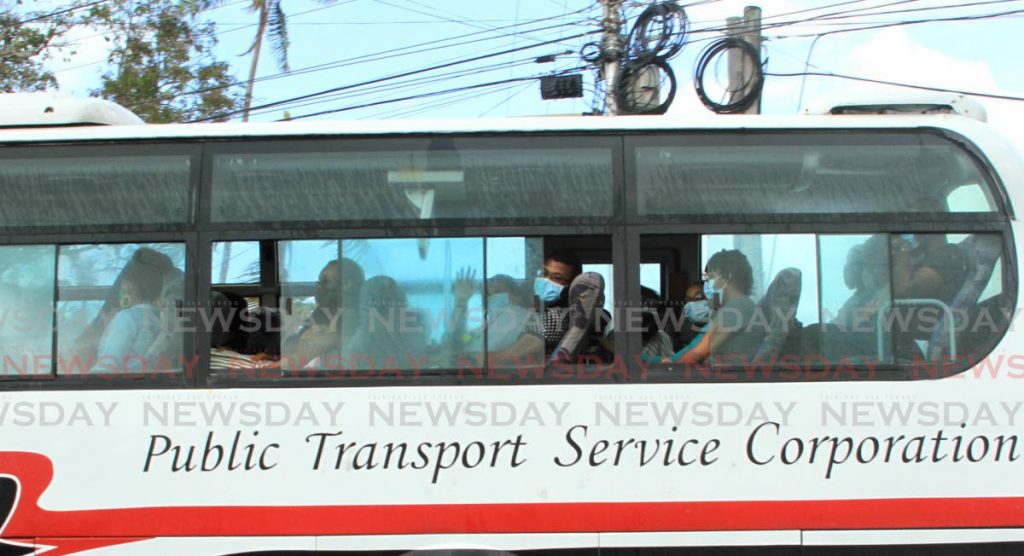TT nationals must submit test, get tested on return home

National Security Minister Stuart Young has given details of the new “liberalised” exemption policy for people who wish to return to TT.
He was following up on what the Prime Minister said last week. Speaking at a media conference at the Diplomatic Centre, St Ann's, on August 29, Dr Rowley said he would discuss with Young measures to increase the exemptions for nationals who were stranded abroad when the borders were closed in March owing to the covid19 pandemic.
On Saturday. during the virtual covid19 press conference, Young outlined the criteria.
He explained that people would be divided into two main categories, low risk or high risk, depending on the country from which they were coming. Countries categorised by the World Health Organization as having sporadic or no spread would be low-risk, and high- and medium-risk countries would be those that have cluster and community spread.
To be categorised as low risk, individuals must not have been in a high- or medium-risk country for 14 days before entering TT. They must produce a negative PCR (polymerase chain reaction) covid19 test for 72 hours before entry; and they must sign a form agreeing to quarantine themselves at home for 14 days on arrival.
In the high- to medium-risk category, citizens would be swabbed on arrival in TT and put in state quarantine for seven days after arrival. If the test is negative and the individual does not show symptoms within those seven days, they will be swabbed again and, if negative, be home-quarantined for an additional seven days.
If the result is positive but there is no need for hospitalisation, the Chief Medical Officer will decide whether the individual would be hospitalised, quarantined, or put in a step-down facility for observation.
Young added that priority exemptions were for those who live in TT.
Exemptions were not given solely on a first-come, first-served basis, but there were other factors, including age, health status, whether they have young children, the date they left TT, and other factors. He also assured that expired passports and babies born abroad without passports would not be a hindrance,
Young said up to Friday, a total of 3,563 exemptions had been granted. As of August 30, there had been 1,702 applications from the US, 372 from Canada, 307 from the UK, and 103 from Barbados.
He said many of those in Barbados had left high-risk countries, and so would be treated as high-risk. So he asked people to be honest when applying for exemptions.
He warned that he would not be moved to grant exemptions by the threat of litigation, and in fact, legal processes could slow down the processing of applications. He said he allowed such cases and passed them to a legal team which had successfully defended the policy.
“Going to lawyers and litigating and pre-action protocol letters against the Minister of National Security and others to try and jump ahead of the current criteria that (are) being applied to exemptions is not going to work.”
He added that it was up to individuals to find “forms of travel” to return to TT, but said the ministry would have talks with Caribbean Airlines to arrange flights to certain countries to return citizens. If someone were to leave TT on one of those flights, he said, they would have to find their own way to their final destination.
“The government is not going to be able to provide a travel service where we can get people exactly where they want to go. So what we’ve been working on at the Ministry of National Security is working with Caribbean Airlines to find safe ways for them to take passengers – particularly students. The students are the focus.”


Comments
"TT nationals must submit test, get tested on return home"